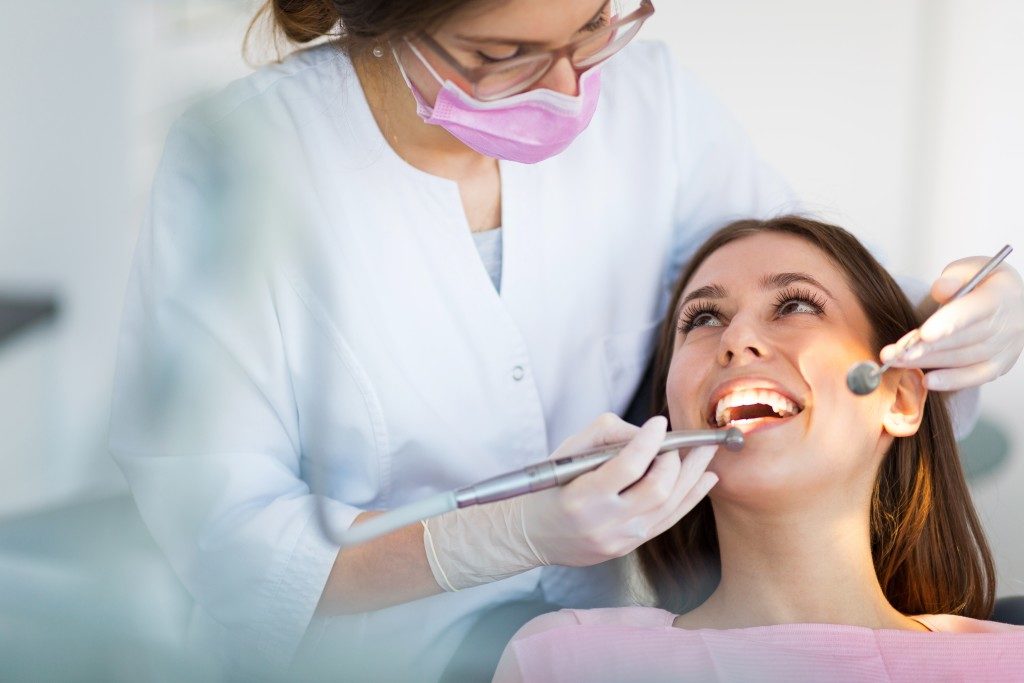With the many innovations and developments in dentistry over the past decades, more and more people are seeking treatment for their dental problems. This applies to patients young and old. However, there are differences between a dental practice that covers adults and one that handles children and teenagers.
Your family dentist in South Jordan can take care of cleaning and routine check-ups. You can turn to dentists with sub-specializations for more complicated problems. Here are a few things to think about.
Age
Elderly patients often have underlying medical conditions that younger patients do not have. For instance, they could have mild gingivitis, gum infection, low blood supply, or suffer from bone loss. Their bones are also already very hard and have stopped growing.
The raging tissues even cause them to take longer to adjust the teeth’s brand new positioning. These limitations make certain dental procedures problematic for the elderly compared to younger patients.
Tooth Extraction
Many elderly patients have had their teeth extracted before, and this can be an issue for a lot of orthodontists. The previous extraction sites can be unsuitable for teeth to move, except if they have been restored by adding some prosthetic bones as a replacement.
The gaps caused by the extraction can be a problem since adult bones do not respond well to pressure in the exact same way as a growing bone would.
Bite Correction and Other Remedies

Many patients look for orthodontic remedies to correct their malocclusion or incorrect bite. An adult patient has a tendency to overbite, and this can move the teeth especially if there are spaces left open from previous tooth extractions resulting in an improper bite.
Also, it is possible that they may have worn some of their teeth down, leading to a worsening overbite. These dental issues are called “perio-restorative” problems, and the focus is on making the patient’s bite more functional instead of perfect.
Dental Infirmities
Many patients undergo adult dental treatments and run a higher risk for the resorption of roots than younger patients. This happens when the body reabsorbs the root of the tooth, leaving the tooth vulnerable without anything to anchor it in place. The factors that play a vital role in this are genetics, oral habits, family medical and dental history.
If you are vulnerable to root resorption, know that dental treatments cause friction that impacts the roots. The tooth can become loose and fall out eventually. By closely monitoring your teeth, the orthodontist can see actual signs of resorption. When this is caught very early, it can still be treatable.
Elderly patients also run the risk of temporomandibular disorder, and it can occur during any orthodontic treatment. Before undergoing any procedure, it is important that the dentist assess you first for TMD risks.
Younger patients have the upper hand in dental procedures because their bones are still forming and growing. They are also less prone to complications and infections during dental surgery. This makes it ideal for children and teens to get the dental treatments and procedures they need while they are still young. Additionally, adults and seniors should still go for regular dental check-ups to keep whatever conditions they may have from worsening.



